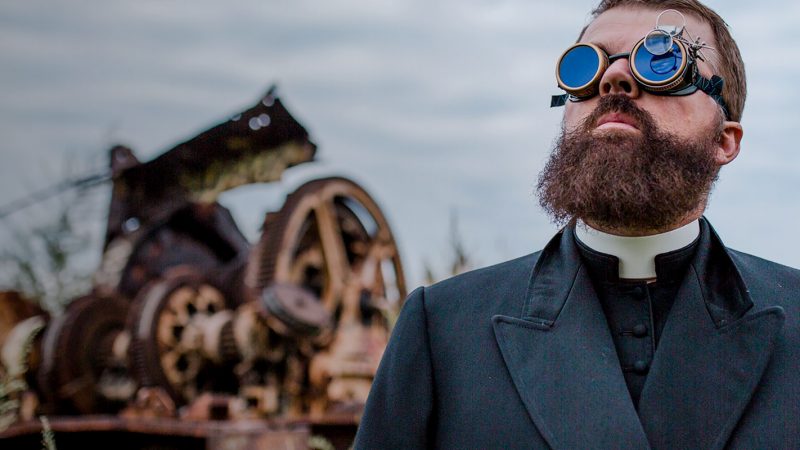“Ocean” is the lead single off Fr. Pontifex’s body of work The Invincibles. “Safer in your waters than these shores is what you promise,” one of the lines from the piece encapsulates the intended takeaway by the listener. God may call us to the deep waters, to the unknown, and to a place that is not comfortable, but with that he promises his presence and grace. He walks with us and directs our steps.



